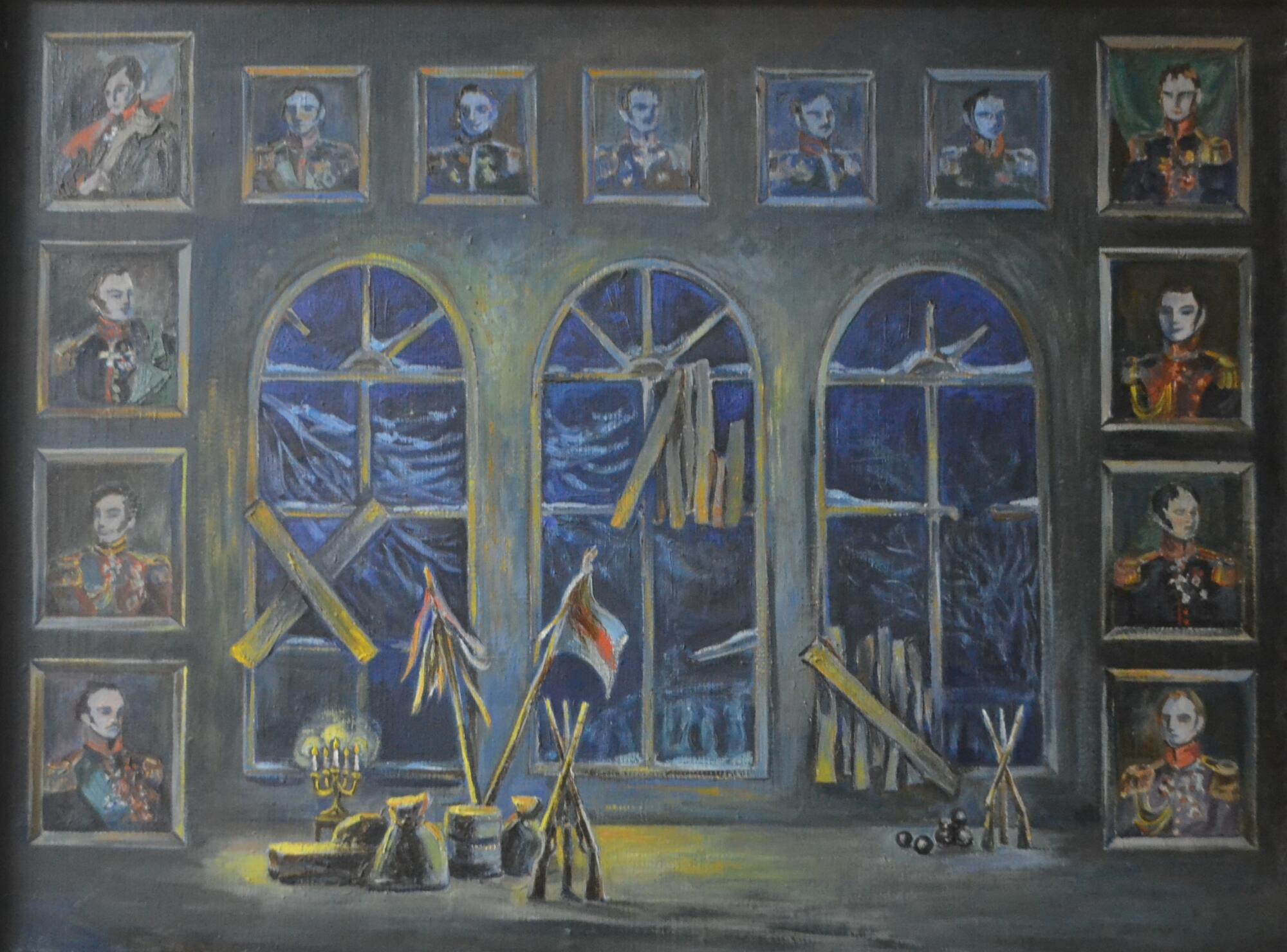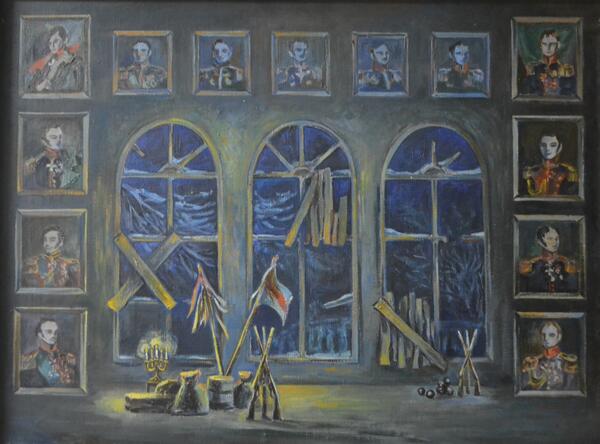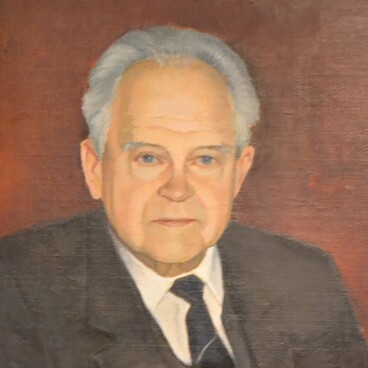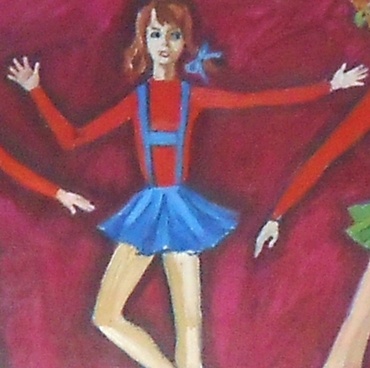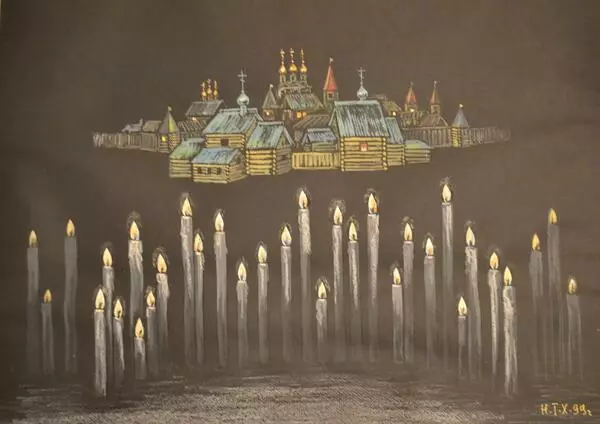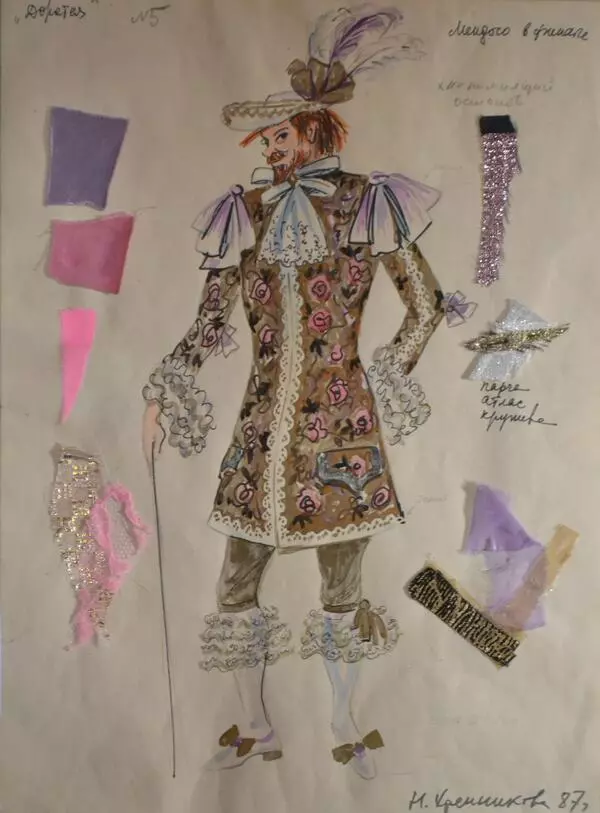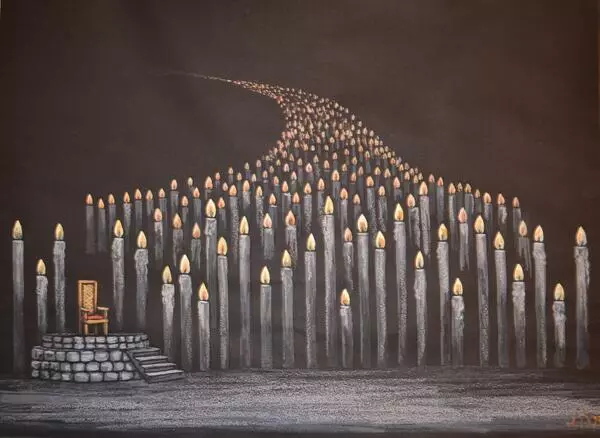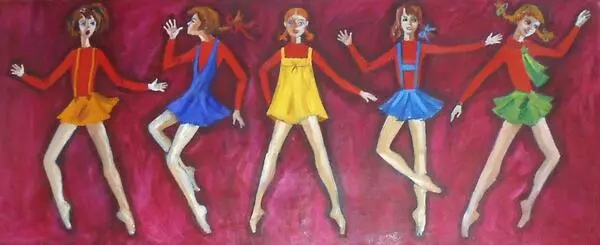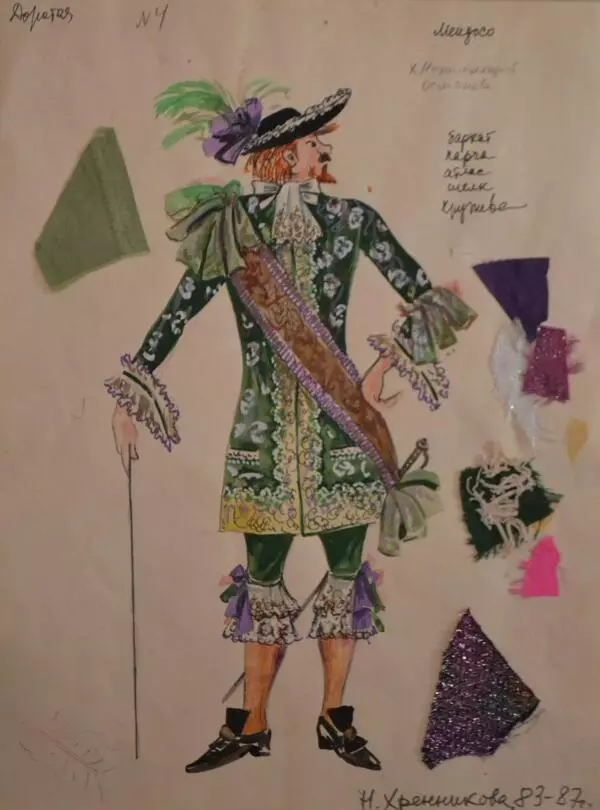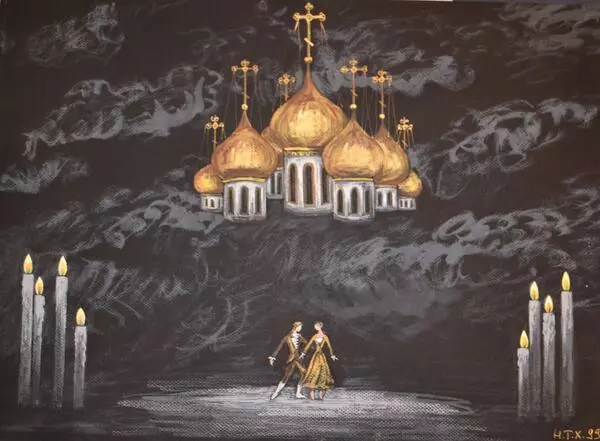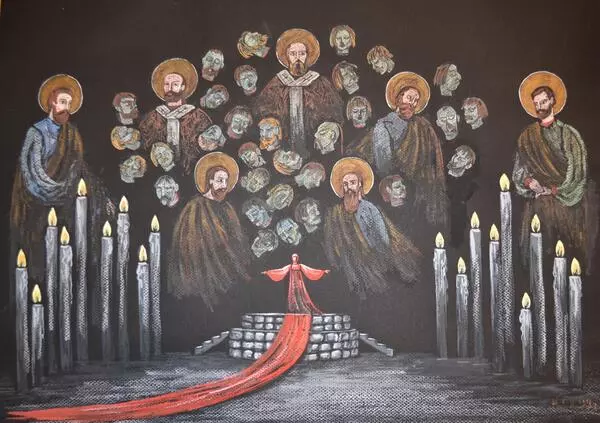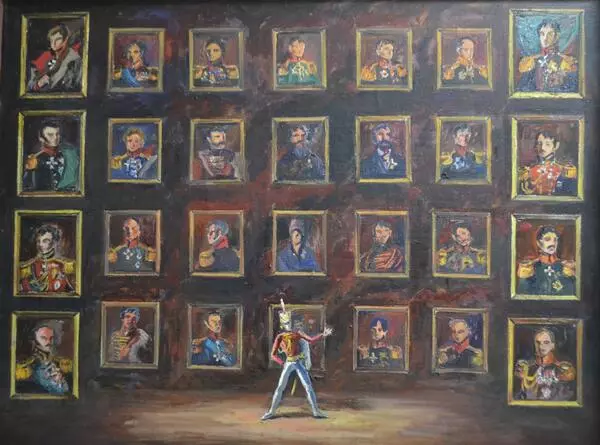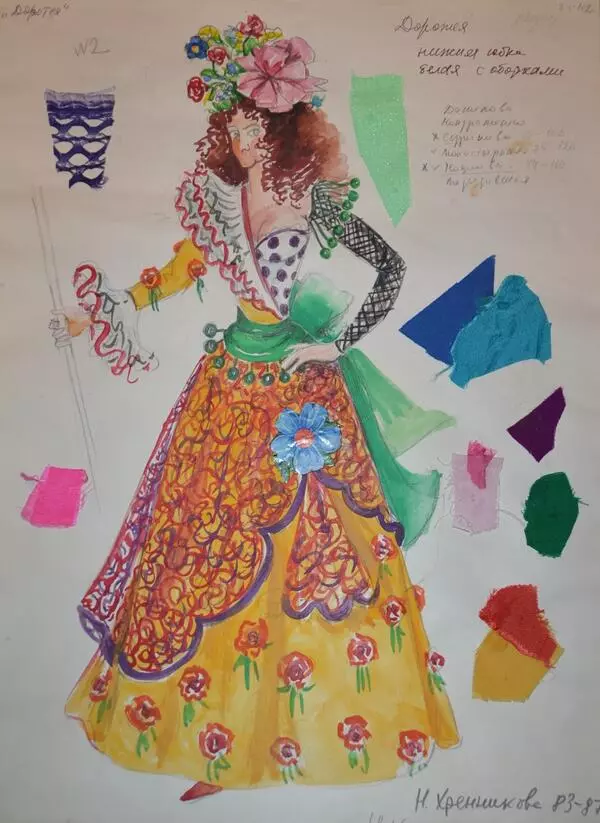In the 1970s, Tikhon Khrennikov turned to the genre of ballet. At this time he created the performances ‘Our yard’ and ‘Love for love’. The ‘Hussar Ballad’ is the composer’s third ballet. The premiere took place on April 4, 1979 at the Kirov (Mariinsky) Theater in Leningrad, a year later at the Bolshoi Theater. In 1980, the play was staged in Kuibyshev (Samara), in 2011 — in Krasnoyarsk.
The ballet was based on the play written by Alexander Gladkov “A Long Time Ago” about a brave girl Shurochka Azarova, who wanted to defend her homeland in the war of 1812 on an equal basis with men. Khrennikov first met this text in 1942, when director Alexey Popov suggested him to write music for a theatrical adaptation of the text at the Red Army Theater in Sverdlovsk (Yekaterinburg).
20 years later, director Eldar Ryazanov shot the film “Hussar Ballad” based on the play. According to him, he had no doubt that the music in the film should sound the same as in the play and offered cooperation to Khrennikov. The composer was interested in the opportunity to look at his work from a different angle and adapted theatrical music for cinema. The film was released in 1962 to mark the 150th anniversary of the victory over Napoleon. The film was very successful, and the French composer Georges Auric wrote: “If Khrennikov had composed only one melody -«Svetlana”s Lullaby” (from the film’ Hussar Ballad ‘) — his name would have been entered into the musical annals forever’.
The ‘Hussar’ theme did not leave Khrennikov, and he thought about creating a musical. When Oleg Vinogradov, a ballet dancer and screenwriter, suggested the composer to write the ballet ‘Hussar Ballad’, he agreed.
The decors of the ‘Hussar Ballad’, which are kept in the collection of the house-museum, were created by the artist Natalia Khrennikova for the Chelyabinsk Opera and Ballet Theater in 1981. The sketches referred to scenes from Ryazanov’s film and to the hall of the Hermitage Museum in St. Petersburg, where the gallery of the heroes of the war of 1812 was located. The picture shows a hall in the Azarov estate with high French windows. During the performance, the portraits on the sides moved from stage to stage — only the central part of the scenery changed.
The ballet was based on the play written by Alexander Gladkov “A Long Time Ago” about a brave girl Shurochka Azarova, who wanted to defend her homeland in the war of 1812 on an equal basis with men. Khrennikov first met this text in 1942, when director Alexey Popov suggested him to write music for a theatrical adaptation of the text at the Red Army Theater in Sverdlovsk (Yekaterinburg).
20 years later, director Eldar Ryazanov shot the film “Hussar Ballad” based on the play. According to him, he had no doubt that the music in the film should sound the same as in the play and offered cooperation to Khrennikov. The composer was interested in the opportunity to look at his work from a different angle and adapted theatrical music for cinema. The film was released in 1962 to mark the 150th anniversary of the victory over Napoleon. The film was very successful, and the French composer Georges Auric wrote: “If Khrennikov had composed only one melody -«Svetlana”s Lullaby” (from the film’ Hussar Ballad ‘) — his name would have been entered into the musical annals forever’.
The ‘Hussar’ theme did not leave Khrennikov, and he thought about creating a musical. When Oleg Vinogradov, a ballet dancer and screenwriter, suggested the composer to write the ballet ‘Hussar Ballad’, he agreed.
The decors of the ‘Hussar Ballad’, which are kept in the collection of the house-museum, were created by the artist Natalia Khrennikova for the Chelyabinsk Opera and Ballet Theater in 1981. The sketches referred to scenes from Ryazanov’s film and to the hall of the Hermitage Museum in St. Petersburg, where the gallery of the heroes of the war of 1812 was located. The picture shows a hall in the Azarov estate with high French windows. During the performance, the portraits on the sides moved from stage to stage — only the central part of the scenery changed.
